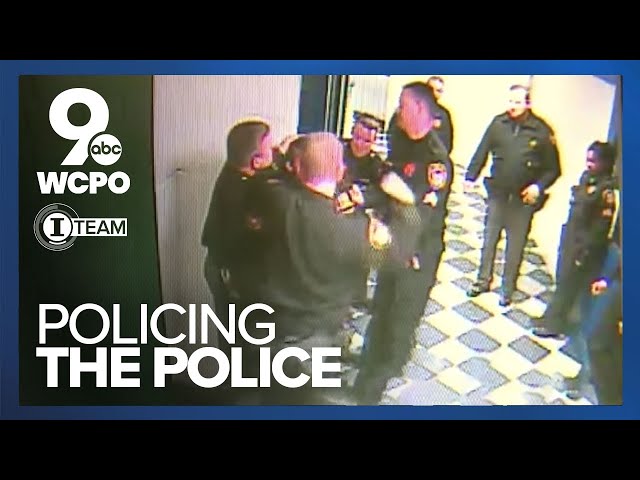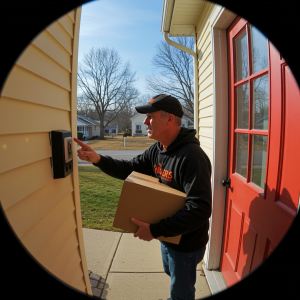The spotlight on police wrongdoing has intensified dramatically over the past decade, sparking widespread calls for systemic change and comprehensive oversight reforms. When law enforcement officers breach their oath to serve and protect, the very foundation of community trust begins to crumble, threatening the delicate balance between public safety and civil rights.
Police misconduct encompasses a broad spectrum of violations, from excessive force and racial profiling to corruption and deliberate cover-ups. These incidents don’t exist in isolation—they often reveal deeper institutional problems that have festered for years without adequate intervention or meaningful consequence.
Perhaps the most troubling aspect of addressing police wrongdoing lies in the opacity that shrouds many departmental investigations. Too often, internal affairs processes operate behind closed doors, shielding problematic officers from scrutiny while leaving victims and their families without answers. This culture of secrecy has historically enabled repeat offenders to remain on the force, sometimes transferring between departments with clean records despite documented patterns of abuse.
Reform efforts have emerged from multiple fronts, with body-worn cameras representing one of the most visible changes in modern policing. Independent civilian review boards have also gained traction as communities seek external oversight of their local departments. Yet these innovations face persistent challenges—from technical malfunctions and selective activation of recording devices to review boards lacking sufficient authority to enforce disciplinary recommendations.
The true catalyst for change, however, has emerged from grassroots activism and digital documentation. Citizens armed with smartphones have transformed isolated incidents into national conversations, while social media platforms amplify voices that were previously marginalized or ignored. This democratization of information has forced departments to confront uncomfortable truths about their practices and has empowered communities to demand meaningful accountability measures.
Moving forward, sustainable police reform will require more than technological solutions or procedural adjustments. It demands a fundamental shift in how departments view their relationship with the communities they serve, prioritizing transparency, humility, and genuine partnership over institutional self-preservation.






